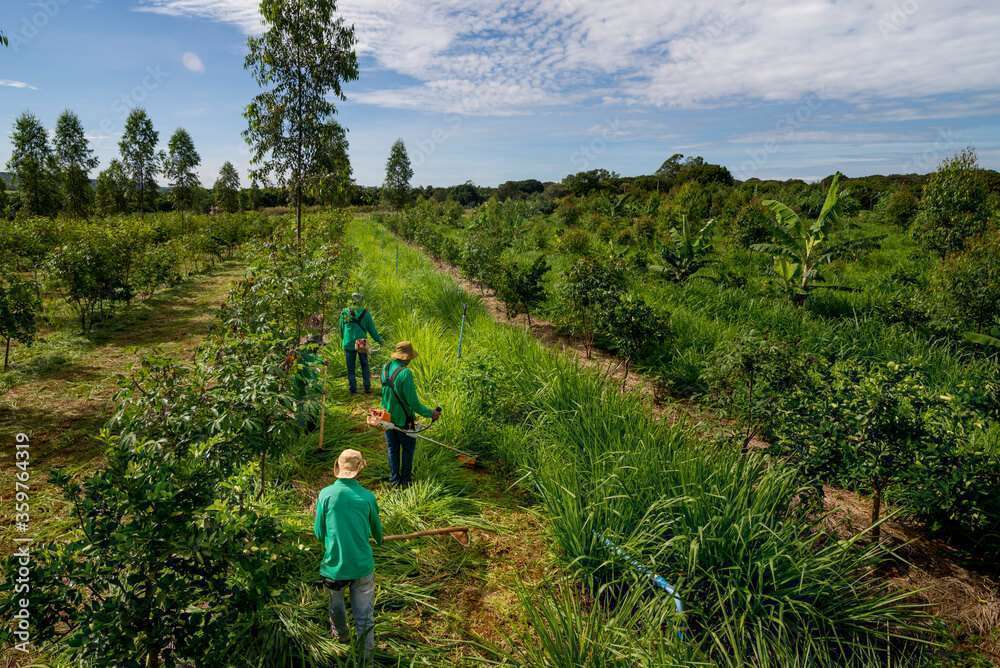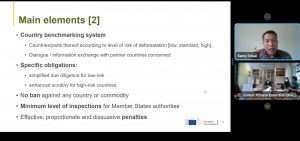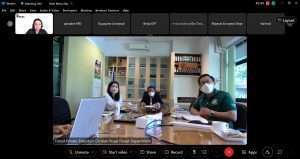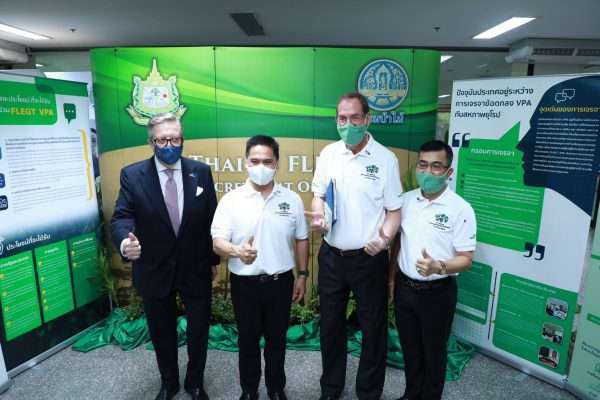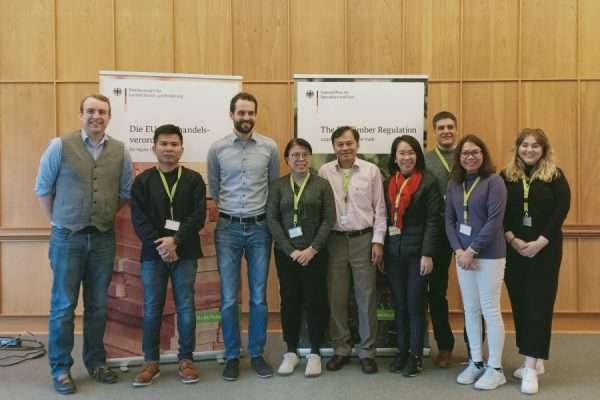3 Aug. 2022 – Thai government agencies – forest, agriculture, and international partnership, held the first preliminary discussion to prepare Thailand’s export for the EU regulation on deforestation-free products. A representative from the European Delegation to Thailand joined in during the introductory session to present an overview of the regulation.
Effects on producing countries
The regulation will prohibit the placing on the EU market of products that are illegal and involve deforestation in the supply chain. All products, produced in the EU or imported, will be subjected to this regulation and require due diligence before selling or exporting. Currently, the product scope confirms 6 commodities; palm oil, cattle, wood, coffee, cocoa, and soy, with the possibility of rubber being added.
This regulation is remarkable to step up the EU’s effort to stop deforestation. However, it will pose several challenges to the producing countries. First is the problem of land conversion, many countries in the effort to stimulate agricultural production, have allowed the conversion of forests into agricultural land. Even though Thailand does not have any forest concession, there still exist some land types that were formerly degraded forest and were allocated to farmers for agricultural use. The complexity of land usage in various countries is an issue that need further discussion between the European Union and partner countries.
Another challenge is the capacity of operators in the producing countries to prove deforestation-free in their supply chain. There is, of course, a private certification scheme that can provide operators with all-in-one service. However, the price tag of the scheme is too high for smallholders. To facilitate operators, the European Union and partner countries can look into the possibility of a national standard that is affordable to all operator sizes.
Thailand remains committed to achieving sustainable and legal timber and agricultural trade, still, more information is needed before moving forward with the Thailand – EU partnership
The meeting agreed that the Thailand – EU forest partnership could be beneficial in preparing Thailand to the deforestation-free regulation. But before moving forward, an impact assessment is needed. Responsible government agencies are advised to assess the impacts of the regulation on the export of each commodity.
As a model for Thailand – EU partnership on forest trade, FLEGT VPA is a valuable learning point. Successful elements such as the multi-stakeholder participatory process and supply chain control and traceability system could guide the partnerships of other products.

